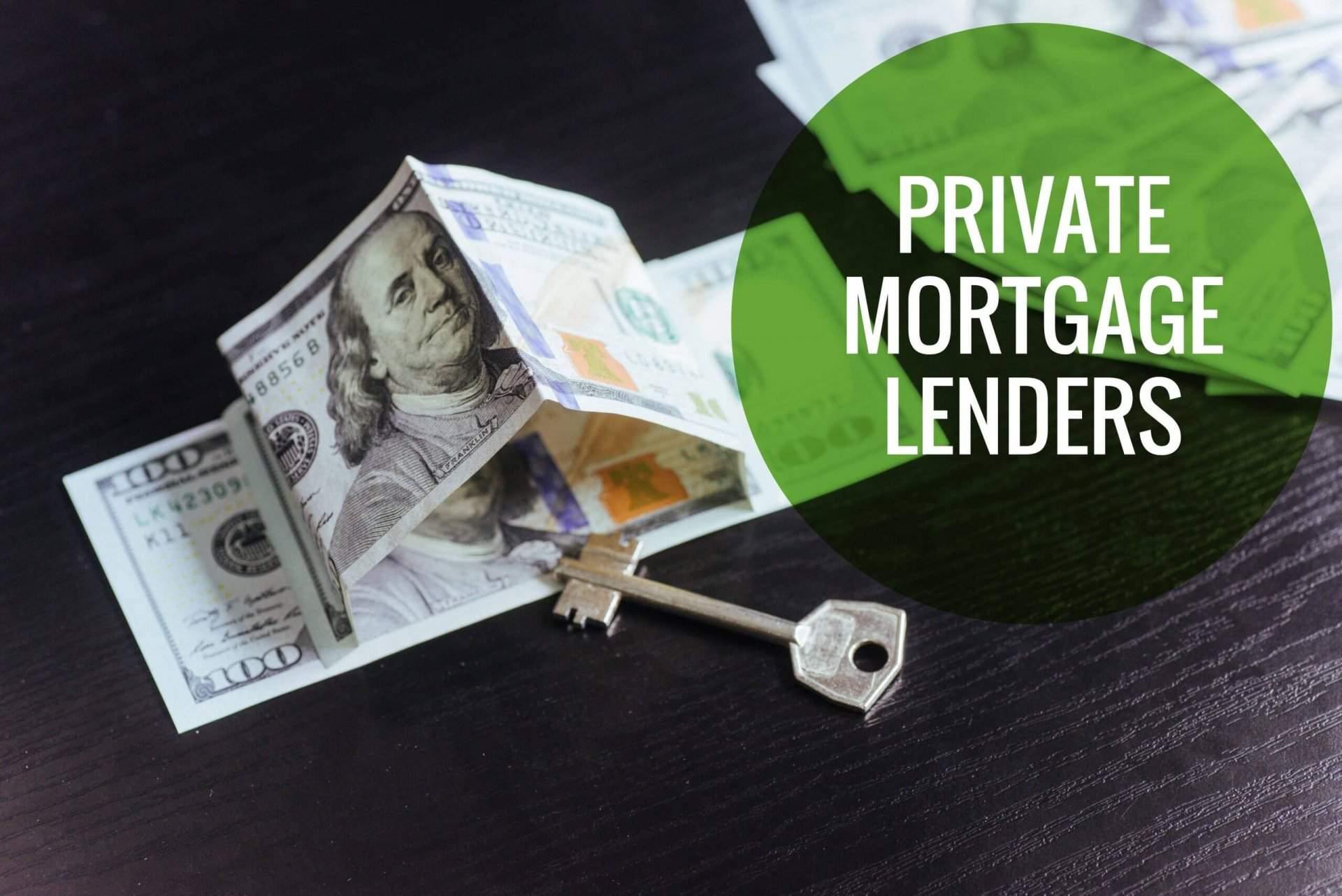Exactly how It Works: A Comprehensive Overview to Mortgage Lending for First-Time Buyers
Steering the globe of mortgage lending can be daunting for first-time customers. Comprehending the basic components like principal, interest, and deposits is vital. Furthermore, acknowledging the different kinds of mortgage and the application process can greatly influence one's experience. By checking out key aspects that influence rates of interest, customers may discover valuable understandings. What else should they think about prior to making such a considerable economic commitment?
Recognizing Mortgage Essentials
When first-time buyers get in the domain name of homeownership, understanding mortgage basics ends up being crucial for making notified choices. A home mortgage is essentially a lending safeguarded by the property being bought, enabling people to buy a home without paying the complete price upfront. Customers have to recognize crucial elements, including principal, passion, tax obligations, and insurance coverage, usually summarized as PITI. The principal is the amount borrowed, while passion is the expense of loaning that quantity, revealed as a portion. Taxes and insurance policy are additional prices that can substantially influence monthly payments. Buyers ought to also consider the loan term, usually 15 or thirty years, which impacts repayment amounts and overall interest paid. Recognizing credit report is important, as they influence lending eligibility and rates of interest. Understanding these essential ideas empowers new purchasers to navigate the mortgage landscape with confidence and make selections that line up with their financial objectives.
Types of Mortgage Loan
When considering mortgage choices, first-time purchasers usually experience two key kinds: fixed-rate and variable-rate mortgages. Fixed-rate home mortgages offer security with constant payments over the lending's term, while adjustable-rate mortgages can supply lower first rates that may change in time. Understanding these distinctions is important for making an educated choice.
Fixed-Rate Home mortgages
Fixed-rate home loans provide security and predictability for novice homebuyers maneuvering the intricacies of home financing. With a fixed-rate mortgage, the interest price stays constant throughout the loan term, commonly varying from 15 to thirty years. This consistent price enables buyers to prepare their budgets effectively, understanding that their monthly repayments will not vary. Newbie customers take advantage of this structure as it eliminates unpredictability in long-term financial commitments. Additionally, fixed-rate home loans usually come with reduced preliminary prices compared to adjustable-rate choices, making them an eye-catching choice for those wanting to develop home equity with time. Generally, fixed-rate home mortgages offer a simple path to homeownership, suitable for individuals seeking long-lasting financial security.
Adjustable-Rate Mortgages
For new homebuyers seeking versatility, adjustable-rate mortgages (ARMs) can offer an attractive alternative to fixed-rate financings. ARMs generally provide lower preliminary rates of interest, making month-to-month payments more inexpensive in the very early years. Nevertheless, these rates fluctuate after a first set period, which can result in enhanced payments in time. Borrowers ought to comprehend the index and margin that determine future price changes. Generally, ARMs have change durations of one, three, or 5 years, with regular caps to limit how much prices can boost at each modification. While ARMs can be beneficial for those intending to offer or refinance before the price changes, they additionally lug threats if market conditions transform significantly. Complete research is vital for educated decision-making.
The Mortgage Application Process

Key Elements Influencing Rate Of Interest

Down Payments and Closing Expenses
Recognizing down payments and closing prices is necessary for new buyers, as these expenditures considerably impact the general affordability of a mortgage. A down repayment is the first amount paid towards the home's purchase rate, usually revealed as a percentage. It can range from as low as 3% to 20% or more, depending upon the lending type and lending institution requirements. A bigger deposit can reduce monthly mortgage repayments and get rid of personal mortgage insurance policy (PMI), which secures loan providers in instance of default.Closing prices, on the other hand, encompass different charges incurred during the home-buying procedure. These may include financing recommended you read source costs, assessment costs, title insurance policy, and lawyer costs, typically amounting to 2% to 5% of the home's purchase price. New customers must allocate both deposits and closing costs to guarantee they can safeguard their mortgage and successfully browse the home-buying process.
Tips for First-Time Homebuyers
What important tips can first-time homebuyers follow to browse the commonly challenging process of acquiring a home? First, establishing a practical spending plan is crucial. Buyers should examine their monetary situation, consisting of earnings, expenses, and possible mortgage repayments. Next off, acquiring pre-approval for a mortgage can supply clarity on what one can manage and enhance their position when making an offer.Researching neighborhoods is similarly essential; buyers must think about factors such as services, schools, and future growths. Furthermore, it is advisable to collaborate with a qualified realty agent that can offer valuable understandings and guidance throughout the buying process.Home assessments should not be neglected, as they can discover surprise issues that may influence long-term complete satisfaction. Buyers ought to continue to be patient and flexible, comprehending that locating the right home may take time. By complying with these suggestions, novice buyers can come close to the market with confidence and understanding.
Often Asked Inquiries
What Records Are Needed for Mortgage Pre-Approval?
For mortgage pre-approval, individuals typically need to offer earnings confirmation, work background, credit scores reports, income tax return, financial institution declarations, and information of any kind of financial obligations (Private Mortgage Lenders Savannah GA). These records aid lenders analyze monetary ability and figure out lending eligibility
Can I Get a Mortgage With Bad Credit Score?

Many lenders take into consideration candidates with poor credit report, though terms may vary. Greater rates of interest or larger down payments can be called for. Checking out options with specialized lenders or federal government programs can additionally improve chances for authorization.
Exactly how Long Does the Mortgage Authorization Process Take?
The mortgage approval process commonly takes between 30 to 45 days. Factors influencing this timeline consist of the lending institution's performance, the consumer's monetary paperwork, and the intricacy of the lending application. Delays may take place as a result of additional requirements.
What Takes place if I Miss a Mortgage Settlement?
If a home loan settlement is missed, late fees might be sustained, and credit history scores can experience. Long term non-payment may lead to foreclosure procedures, prompting the lending institution to redeem the residential or commercial property after a collection of warnings.
Can I Refinance My Mortgage Later On?
Re-financing a home mortgage later on is commonly feasible, allowing home owners to adjust their financing terms, rate of interest prices, or month-to-month payments. Nevertheless, eligibility relies on credit report, current market conditions, and the existing mortgage's terms. Private Mortgage Lenders Savannah GA.